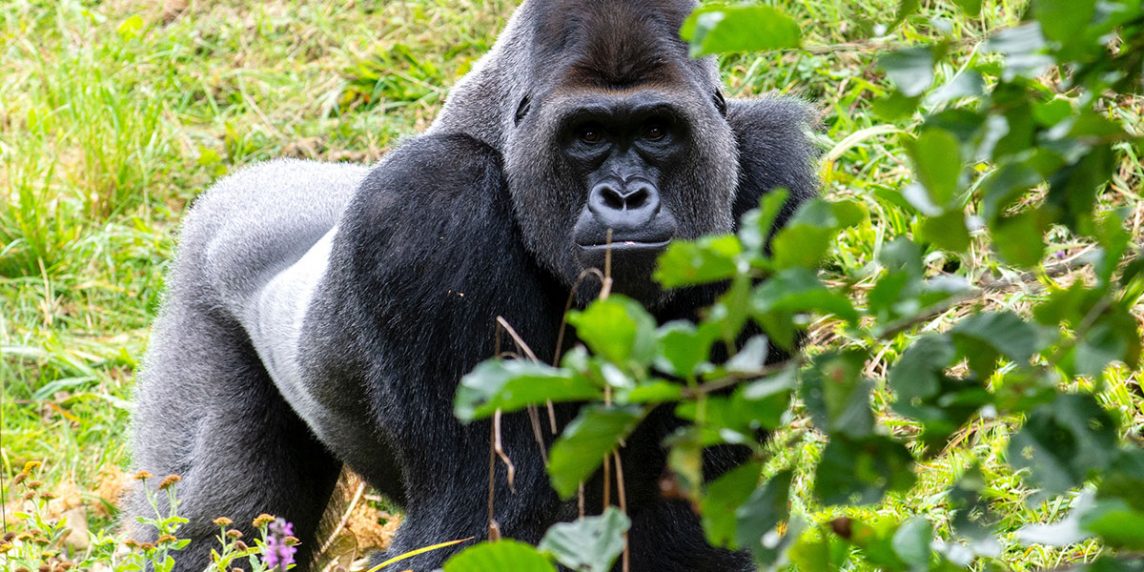Are silverback gorillas found in Rwanda? Yes, Rwanda is a country that has made remarkable strides in the field of wildlife conservation. One of its most iconic inhabitants is the silverback gorilla, a symbol of strength, resilience, and the power of conservation efforts. Silverback gorillas are a subspecies of the eastern gorilla (Gorilla beringei beringei) and are known for their distinctive silver-gray hair on their back, which becomes more pronounced with age.
These majestic creatures are the largest primates on Earth, with males reaching weights of up to 400 pounds and standing around 5.6 feet tall when upright. Their powerful build and imposing presence in the forests of Rwanda and neighboring countries make them a true wonder of the natural world. Mountain gorillas, including silverbacks, are known for their impressive size, strength, and distinctive silver hair on their backs, which gives them their name. They live in family groups, led by a dominant silverback male who is usually the oldest and largest member of the group.
Rwanda is particularly famous for its efforts in gorilla conservation and ecotourism. The Volcanoes National Park in Rwanda is one of the prime destinations for gorilla trekking, where tourists can have a unique opportunity to observe these magnificent creatures up close in their natural habitat.
Rwanda’s Volcanoes National Park, situated in the Virunga Mountains, is renowned for its population of silverback gorillas. These gentle giants play a crucial role in the country’s biodiversity and tourism industry. Silverback gorilla trekking is a major tourist attraction in Rwanda. Tourists from around the world flock to the country to witness these remarkable animals in their natural habitat. The revenue generated from gorilla tourism contributes significantly to Rwanda’s economy, funding conservation efforts and supporting local communities.
Silverback gorillas are an indicator species, meaning that their well-being reflects the overall health of the ecosystem. Protecting these gorillas involves preserving their habitat, which, in turn, benefits countless other species. Rwanda’s commitment to gorilla conservation has helped protect not only gorillas but also the entire ecosystem.
The presence of silverback gorillas in Rwanda is a testament to the country’s commitment to conservation and the preservation of its rich natural heritage. These majestic creatures are not only vital to Rwanda’s economy but also serve as global ambassadors for wildlife conservation. Through strict regulations, community involvement, and ongoing research, Rwanda has managed to strike a delicate balance between tourism and conservation, ensuring a bright future for the silverback gorillas of Rwanda.






